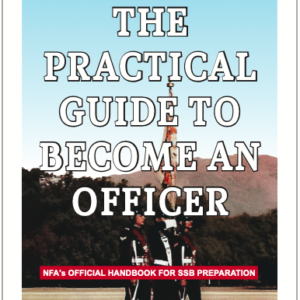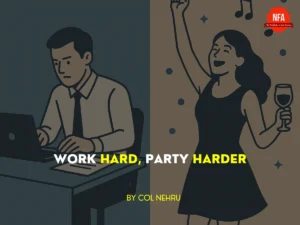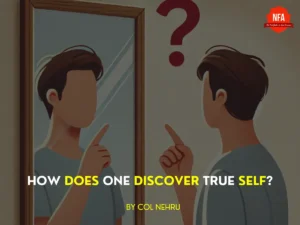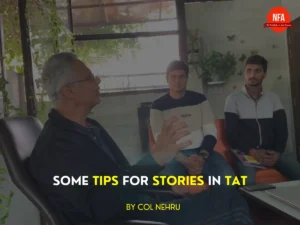For experienced assessors it will not be difficult to identify candidates who have been coached at the conventional coaching academies from some of their following actions:
Screening Test
- Story in PPDT: They are likely to come up with the trending popular story themes like:
- PVC Type. When I joined SSB in 2010 the popular themes used to be that the protagonist was depicted as an Army person, who performed some brave act and earned an award as well. I call them the, “PVC Type stories.
- Soil Card Type. In 2011 I noticed a dip in the “PVC Type stories” and an increase in stories where the protagonist was a rural person and he got his soil tested and improved crop production or something similar. I call them the, “Soil Card Type stories.”
- Swachh Bharat. In 2015 I noticed a shift in trend towards writing stories in which cleanliness drive was initiated by the protagonist in his vicinity. I call them the, “Swachh Bharat type stories.”
- Covid. Covid affected our lives significantly in 2020. Thus, the trend moved towards promotion of Covid protocols.
- Social Issues. Now that Covid is no longer such a big threat to the society, the trend has shifted towards insertion of some social issue in the stories.
There is nothing wrong in picking any of the above stated themes. However, this should be done only in case the picture is amenable to doing so.
The pictures shown in PPDT have remained more or less the same since long. When the assessors note the above stated different themes being chosen for them, it is an indicator that the candidates have come with preconceived stories and are fitting the nearest one to the picture.
Discussion in PPDT
Candidates who have been adversely affected by coaching work from a ‘scarcity mindset’ and act as dysfunctional team members by preventing others from speaking. They nominate themselves to narrate the group’s story and then go on to narrate their story rather than that of the group.
Psychology Tests
TAT. In TAT these candidates try and pick themes like the ones stated above. The other misconceptions they display in TAT are:
- Choosing the protagonist having the same gender and age as themselves.
- Inserting their life experiences in the stories.
- Inserting the 15 OLQs in the stories.
- Evading negative stimulus to write, “positive stories.”
SRT. Since they have practiced writing solutions to a number of such situations, there is variation in the attitude displayed in the responses. Examples:
- Situation: Your parents force you to become a doctor, though you like to become a mechanical engineer. Solution: You convince your parents and become a mechanical engineer.
- Situation: You noticed your friend cheating in an exam. Solution: You will complain to the teacher.
- Situation: Your boss orders you to do something illegal or unethical. Solution: You will obey your boss.
Comments: In the first two situations, the candidate has been assertive and ethical but in the third situation the reaction is not congruent with the earlier two responses. The responses of coached candidates may not be congruent.
GTO
GDs & GPE. In GDs/GPE the candidates display similar behavior as in the PPDT discussion. In GPE they may do some of the following:
- Attempt to apprehend armed robbers/terrorists, while being unarmed themselves, displaying lack of rationality, in an attempt to display bravery.
- Nominate themselves to narrate the group’s plan and go on to narrate their own plan.
PGT/HGT. In PGT/HGT they may continue to hold onto the helping material and hinder others from coming ahead/expressing their ideas because they want to be selected at the expense of others.
Interview
In the interview the candidates often come prepared with the answers to the CIQs. They may answer questions which at times have not even been asked. They desist from bringing out negative qualities of their parents/ teachers /friends because they feel that doing so displays disloyalty.
Conclusion
From some of the above words/actions the assessors are able to identify the candidates who have been adversely affected by coaching. The coached candidates would do well to guard against these ill-effects of coaching. They would do well to use their common sense rather than blindly follow some advice which does not stand the test of logic to get success at SSB.








